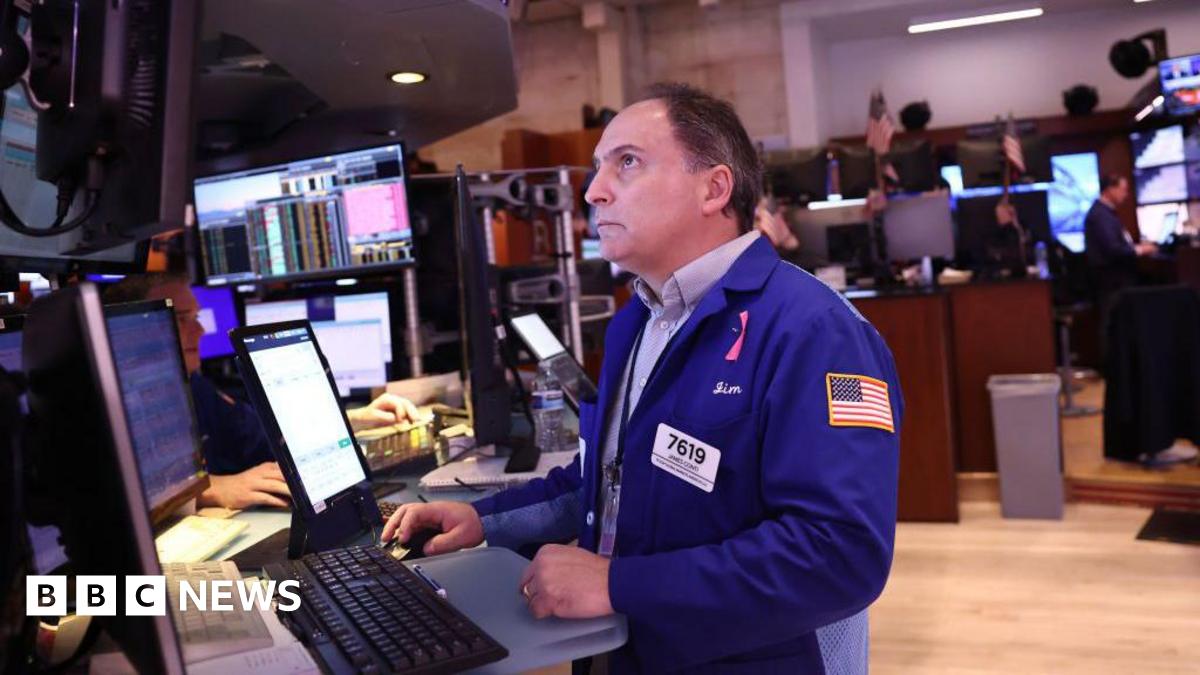Nvidia and Microsoft shares steady after DeepSeek AI app shock

After DeepSeek-R1 was launched earlier this month, the company boasted of “performance on par with” one of OpenAI’s latest models when used for tasks such as maths, coding and natural language reasoning.
DeepSeek’s technology has been praised by high profile figures including OpenAI chief Sam Altman who called it “an impressive model, particularly around what they’re able to deliver for the price”, though he added that OpenAI would “obviously deliver much better models” moving forward.
“DeepSeek’s ability to rival US models despite limited access to advanced hardware demonstrates that software ingenuity and data efficiency can compensate for hardware constraints,” said Marina Zhang, an associate professor at the University of Technology Sydney, who focuses on China’s high-tech industries.
Ion Stoica, co-founder and executive chair of AI software company Databricks, told the BBC the lower cost of DeepSeek could spur more companies to adopt AI in their business.
“If that happens, this reduction in cost can accelerate the progress of AI,” he said. “So overall, the market will expand faster, and the value of the market will grow faster.”
The Chinese company claims its model can be trained on 2,000 specialised chips compared to an estimated 16,000 for leading models.
But not everyone is convinced. Some have cast doubt on some of DeepSeek’s claims, including tech mogul Elon Musk.
He responded to a post which claimed that DeepSeek actually has around 50,000 Nvidia chips that have now been banned from export to China, saying: “Obviously.”
The sudden explosion in popularity has prompted some to raise cyber security concerns.
In Australia, science minister Ed Husic was among the experts urging caution, telling Australia’s national broadcaster ABC: “There are a lot of questions that will need to be answered in time on quality, consumer preferences, data and privacy management.
Related
EU denies picking on US tech giants, says US also…
BRUSSELS (Reuters) - Europe's new tech rule aims to keep digital markets
H-1B Visa 2025: How and why US policy shift may…
Recent changes in US H-1B visa policies have sparked significant concern within the Indian IT professional community hoping to work in America. However, the a
Alibaba Group (BABA) Stock: Chinese Tech Giants Gain $439 Billion…
Chinese tech stocks have gained over 40% this year, adding $439 billion in valueChina’s “7 titans” are outperforming the US “Magnificent Seven” tech s
The Global Spread of Protectionist Policies That Squeeze American Tech…
An increasing number of countries in recent years have begun targeting America’s leading technology firms with policies touted as measures to promote fair com













